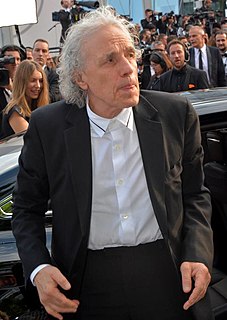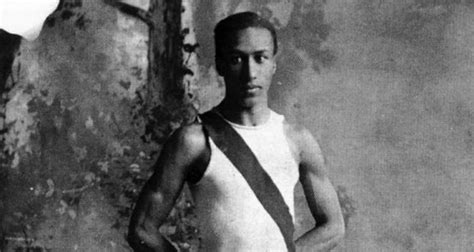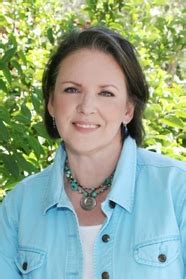A Quote by Amit Goswami
If ordinary people really knew that consciousness and not matter is the link that connects us with each other and the world, then their views about war and peace, environmental pollution, social justice, religous values, and all other human endeavors would change radically.
Related Quotes
As I came through medical school, it was very exciting because physicians were reaching out to each other, between the U.S. and the Soviet Union, and sort of helping to build bridges among, you know, people, people who were not allowing our government to pit us against each other and to actually take us to the brink of nuclear war. And Physicians for Social Responsibility wound up getting a Peace Prize, a Nobel Peace Prize, which they shared with International Physicians for the Prevention of Nuclear War.
Today, people are talking about many things: the danger of war and frequent clashes, water and air pollution, hunger, the increasing erosion of moral values, and so on. As a result, many other concerns have come to the fore: peace, contentment, ecology, justice, tolerance, and dialogue. Unfortunately, despite certain promising precautions, those who should be tackling these problems tend to do so by seeking further ways to conquer and control nature and produce more lethal weapons.
The national parklands have a major role in providing superlative opportunities for outdoor recreation, but they have other people serving values. They can provide an experience in conservation education for the young people of the country; they can enrich our literary and artistic consciousness; they can help create social values; contribute to our civic consciousness; remind us of our debt to the land of our fathers.
It's always a problem when you're working with people you don't really know. Most filmmaking is about shaking hands and just starting. You know, these month - or two-month-long endeavors that millions of dollars are based on, and the people doing them don't even know each other, or know each other under pressure, or know each other when things are really... Which filmmaking is completely done under in many circumstances. You're under constant crisis, making a movie.
Treat everyone with the same respect that you want to be treated with. That's going to take a collective group of people to do it. There's not one individual that's going to change it. It's going to take multiple people getting out, learning who each other are and loving each other no matter what their political views or what their background is.
See, that's the thing about second chances. It's two people that are there for each other and support each other and care about each other no matter how much they want to deny it. It's about one person doing everything they can to make sure the other doesn't fall and vice-versa. Second chances are about holding on to that other persons hand no matter how hard they beg to let go.
The world has always been a dangerous place. Now it is dangerous in a different way, because the world order that we've known since the end of the Cold War has been radically transformed. All of the institutions that preserved peace and promoted global trade will be weaker - NATO, the EU, NAFTA - and US relationships with other countries will change, too.
The war industry people are very together; they know exactly what they want; they don't even have to talk to each other. The peace industry people are just intellectuals who are very critical of each other... Unless the peace industry is powerful, we're always going to have war. It is as simple as that.
At the heart of my politics has always been the value of community, the belief that we are not merely individuals struggling in isolation from each other, but members of a community who depend on each other, who benefit from each other's help, who owe obligations to each other. From that everything stems: solidarity, social justice, equality, freedom.



































